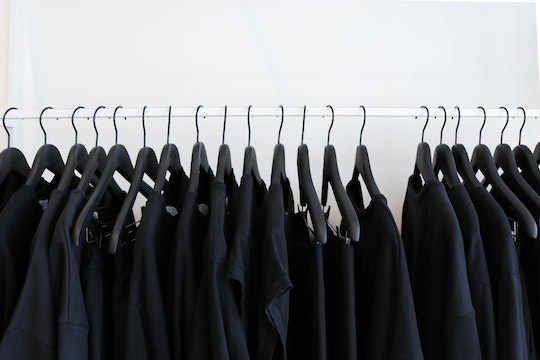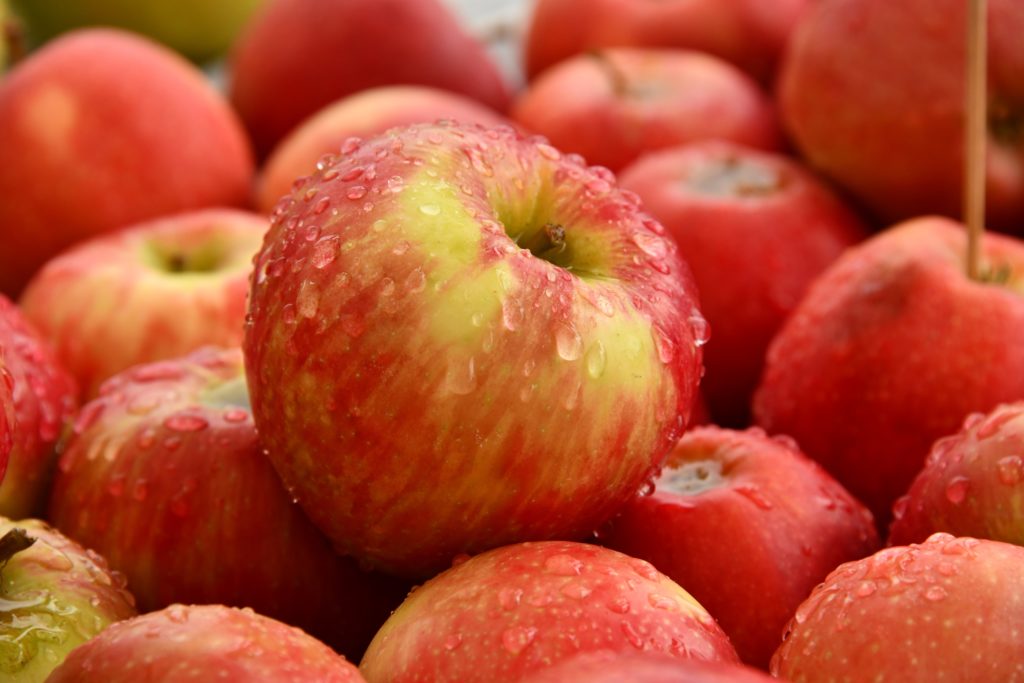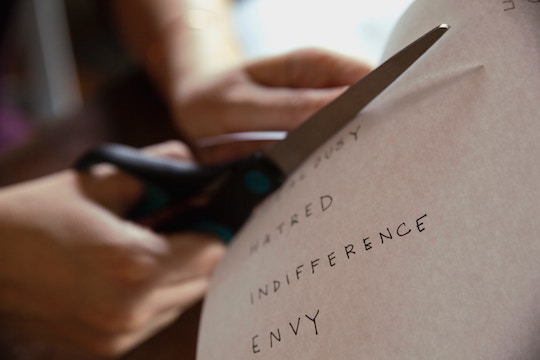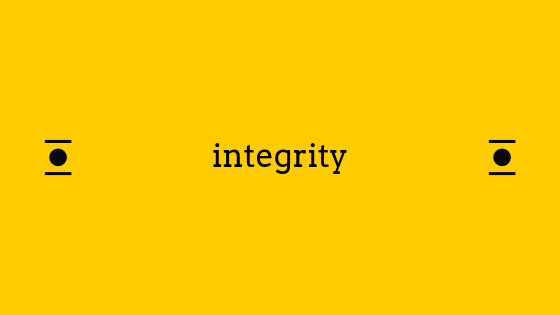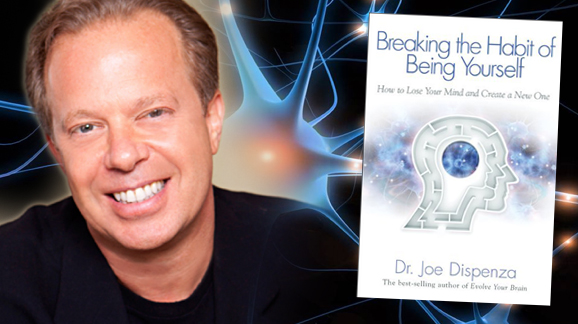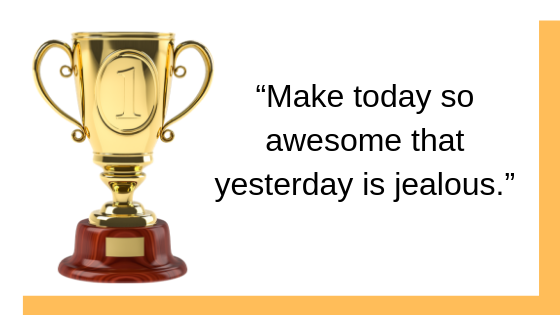“Laws are never as effective as habits.”
—Adlai Stevenson II, 20th Century Governor of Illinois
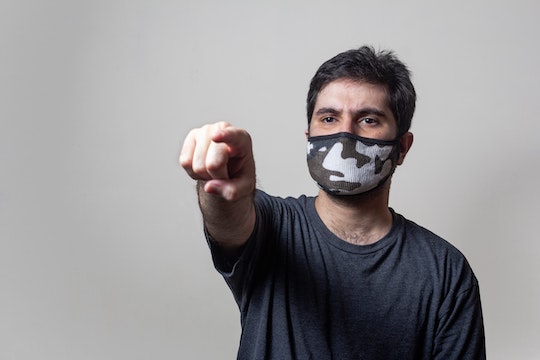
Image from Unsplash by Unman Yousaf
To what degree do you see yourself as a law-abiding citizen? Take a moment to examine the laws and some of the “do’s and don’ts” that influence and govern your household, organizations, and communities.
How do you feel when any form of authority tries to enforce any particular law?
Given our current pandemic, how are you and others viewing social distancing efforts and the wearing of masks?
We all love our freedom and the ability to choose our own behaviors guided by our values. In groups and organizations that have empowering cultures, it is the sharing of these values and principles that guide the norms and habits of its members.
EXERCISE:
Where and how could you and others in your various communities be even more effective by encouraging better habits and enforcing fewer laws?

